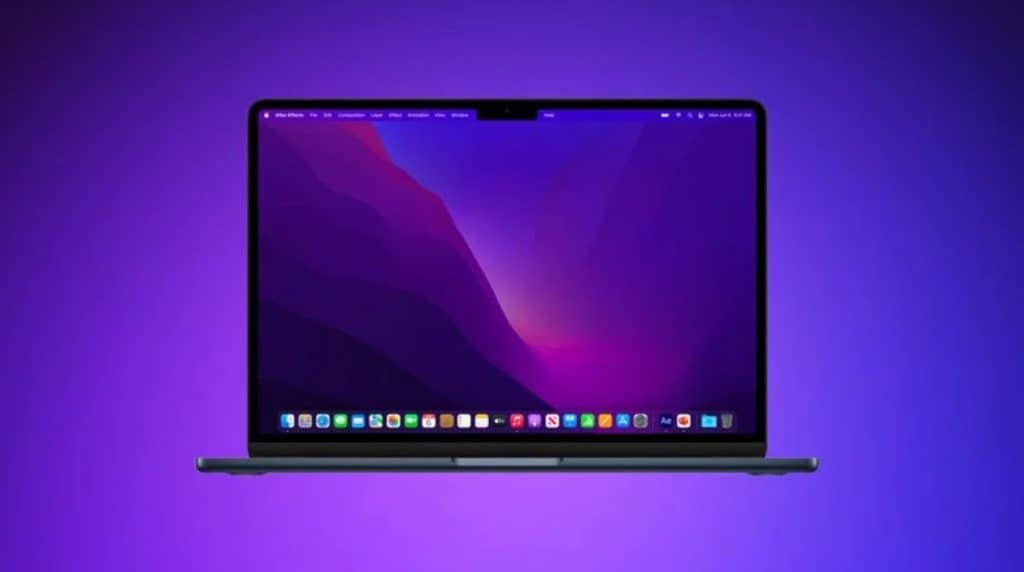
In a Geekbench 5 result spotted by “Mr. Macintosh” on Twitter, the MacBook Air with the M2 chip and 16GB of unified memory achieved a single-core score of 1,899 and a multi-core score of 8,965. These scores are approximately the same as those achieved by the 13-inch MacBook Pro with the M2 chip, confirming that the notebooks have virtually identical performance in synthetic testing, as was the case with the M1 models.
While the M2 chip performs equally in the MacBook Air and MacBook Pro in Geekbench testing, the MacBook Pro could still fare better in real-world usage during sustained, demanding workloads since, unlike the MacBook Air, it has a fan.
The previous-generation MacBook Air with the M1 chip has an average single-core score of 1,706 and an average multi-core score of 7,420, meaning the M2 MacBook Air delivers up to 20% faster multi-core performance compared to the M1 model.
The result also confirms that the M2 MacBook Air outperforms the base model Mac Pro tower with an 8‑core Intel Xeon W processor despite costing nearly $5,000 less. While that is not an apples-to-apples comparison, it is nevertheless a testament to the impressive performance of Apple silicon chips in more affordable Macs.
It remains to be seen if the base model M2 MacBook Air with a 256GB SSD is equipped with only a single NAND storage chip. Last month, it was discovered that the base model M2 MacBook Pro has significantly slower SSD speeds compared to the equivalent M1 model due to having a single 256GB storage chip instead of two 128GB chips. Due to virtual memory swapping, slower SSD speeds can impact overall system performance at times.
Apple began accepting pre-orders for the new MacBook Air on Friday, July 8, and the first deliveries to customers and in-store availability will begin on Friday, July 15. Pricing for the new MacBook Air starts at $1,199 in the United States, while the previous-generation MacBook Air with the M1 chip remains available for $999.
























